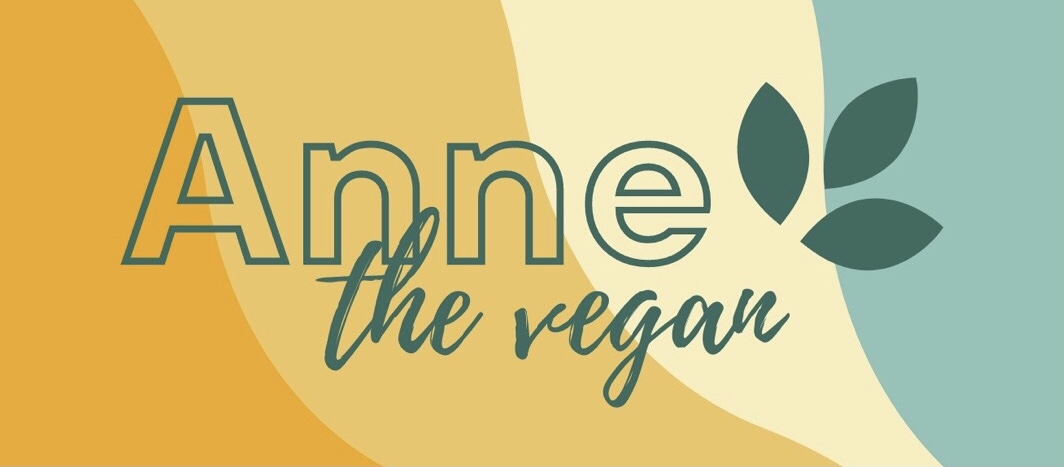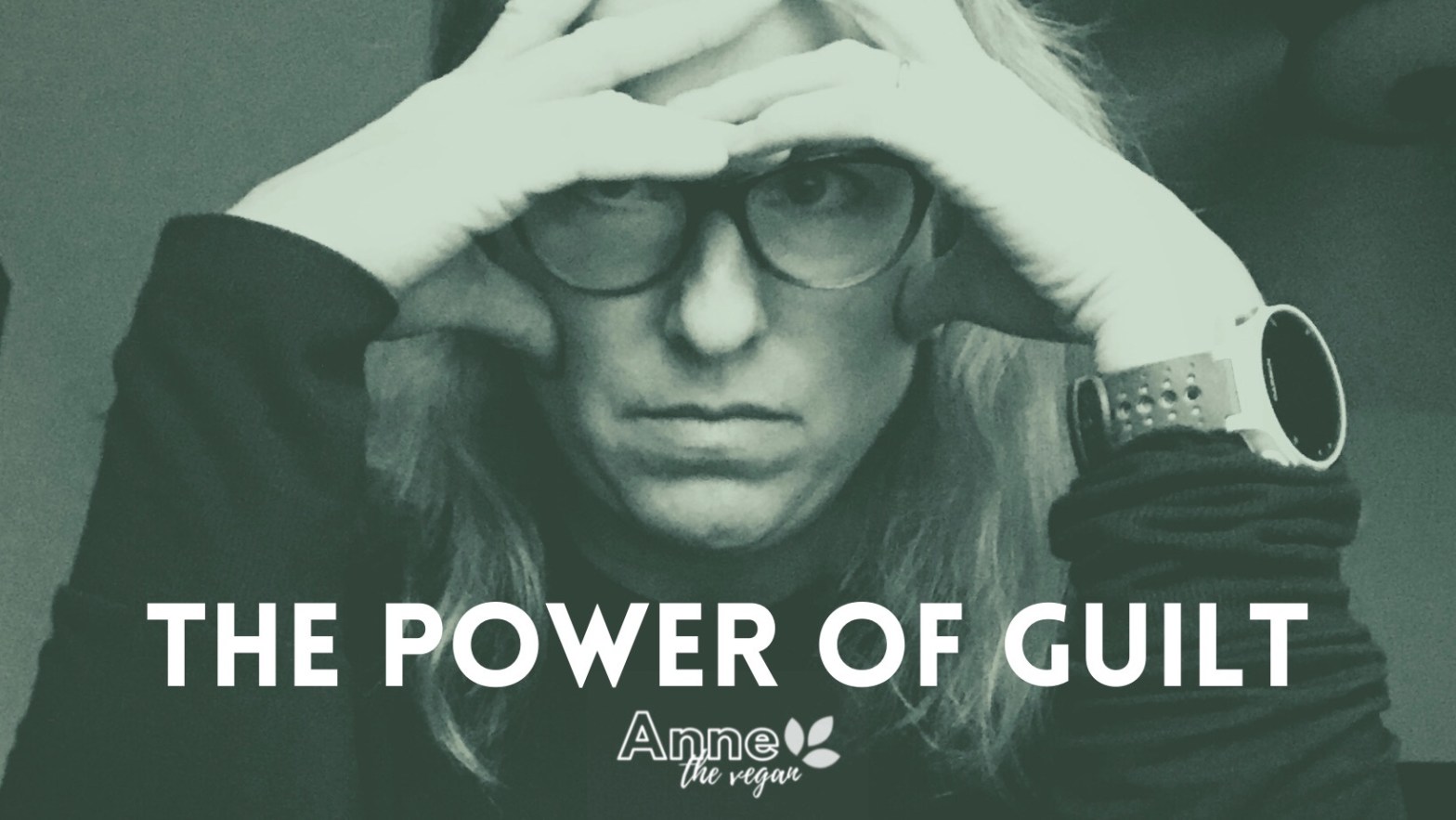Guilt. What a powerful emotion and manipulative tool.
The first time I remember feeling this, I was probably around 4 years old. We went to a Kaybee Toy store in the mall, and I saw a sticker on the floor. I picked it up and kept it. I don’t think I ever told anyone that I took it, but I knew stealing was wrong. Of course, this was really just a piece of garbage on the floor, but I do recall feeling very sick to my stomach and losing sleep over my impulse decision to unstick the sticker from the floor. I was certain someone would find out, and I would go to jail. The now familiar pangs of guilt.
How did I know this was wrong? From church. Thou shall not steal. Of course. One of the Ten Commandments. The church was really great about instilling guilt. Didn’t take the time to learn that bible verse for GA’s? Guilty. Said God’s name in vain? Guilty. Didn’t read that chapter in the bible before Sunday school? Guilty.
Right and wrong are so black and white in childhood. Things get murky as we get older and realize there are many nuances between absolute right and wrong: the many shades of grey. Teenage and college years were all about figuring these out. But when I made poor choices, I was very unforgiving of myself. I’m now watching my own teenage daughters navigate their own comfort levels with shades of grey, and it’s challenging. But we’re working on it. And I hope that I’m offering sound, compassionate guidance without instilling guilt.
These nagging pangs really don’t improve in adulthood. Some days, I feel guilty in all aspects of being a woman. I could be a better mother. I could be a better wife. I could be a better physical therapist and caregiver. But many days, I only do one of these roles well, emptying my cup. Inevitably, some part of my life feels slighted. And sometimes I can make the most innocent mistakes and lose sleep over it for a week, ruminating over what I could have done differently. I’ll even feel like I didn’t deserve to treat myself to that cup of coffee, buy that new shirt, get my hair cut, or sign up for that race. And then I feel guilty.
Then there’s the game women play with our careers. If you work full time, you often feel like a bad mother because you haven’t prioritized your children. I took a day off once to attend an event at my daughter’s elementary school. The teacher was shocked that I was there, exclaiming, “You’re here! You’re never here!” I felt like she had just shoved a knife into my very soul. But if you don’t work, you feel like a financial burden on your spouse. I have certainly been made to feel guilty if I wasn’t working enough. That’s the PRN life for you. For much of my career, I have chosen to work in this capacity in an attempt to balance work and home life and to avoid burnout. For the most part, it’s been great, unless there are droughts in available work, like during the height of the pandemic. I took unemployment for the first time ever, and yes, I felt guilty about it.
I even feel guilty that I allow my husband to bear the burden of carrying our health insurance and breadwinning responsibilities. Even so, I still bear the burden of the majority of cooking, housework, and childcare, although there is more balance in these responsibilities as my husband has figured out that I really can’t do it all, especially if I’m working longer hours. But why didn’t I grow up to be the independent woman I had hoped to be? I’m somewhere in between the world of my parents, where being a stay-at-home mother was a perfectly normal and acceptable profession, and the completely independent career driven woman. I also realize how blessed I am that I do not have to work full time.
Speaking of working, being an American means that the principles of meritocracy rule. Work equals success. Overworking means you are noble and important. Money means you are worthy of merit. So we work until we are burnt out. The values of meritocracy are so deeply ingrained that we tend to feel guilty just by taking our earned vacation, checking work emails and doing so much prep and recovery surrounding time off from full time jobs that vacation hardly seems worth it. It’s a mark of a good work ethic to have tons of vacation saved. Sigh. If nothing else, the pandemic may have taught us that work may not be as important as we once thought.
Because I feel guilt so powerfully at times, I spend a great deal of my interactions with my patients talking about their own feelings. My older patients who are no longer able to live independently definitely feel guilty, even though getting sick or injured isn’t necessarily their fault. Sometimes they feel like a burden. I try to remind them that they spent a lifetime raising their children, and now it’s time for their children to help them. Sometimes my patients also feel guilty about letting Medicare pay for equipment. I have to remind them that in many ways, they have already paid for their $85 walker through all of their years buying into the Medicare system through their taxes. Sometimes they haven’t thought about it like that. They feel like they are gaming the system.
When guilt becomes something different, like when a loved one uses it to force us to do things that go against our moral code or comfort zone, that’s when it becomes a weapon. Religious leaders have been known to utilize this tool to achieve many goals. Spouses have, too. It can be difficult to distinguish between love and manipulation, resulting in a muddy mix of self-doubt, fear, and shame.
That’s not to say that I’ve never used guilt as a tool for manipulation myself. With raising my children, there was some extent of if you don’t do this, you won’t get that reward I promised you. Or if I’m working with a reluctant patient, as a last resort lying that I will get in trouble with the doctor if they don’t at least try to do some work with me. Sometimes this works. Sometimes it doesn’t!
Another facet of guilt that must be mentioned is the guilt that drives extremism. When our society collectively decides that some behaviors and values are no longer ok, those who benefit from the oppression of others become uncomfortable and resist. When you benefit from societal norms that give you a distinct advantage, and then you are made aware of the privilege you have held, you may feel this way. But you can react in ways that help propel society forward, like advocating for those who are negatively impacted by systemic patterns and laws that are meant to keep people of color, who aren’t Christian, who aren’t heterosexual, who are poor, even women, in a place that is beneath the white male. Some become angry, denying that these rules exist, or even worse, defending the stance that some people are worth more than others. (These are the folks showing up at our school board meetings crying about transgender rights and critical race theory.) Or you can do nothing, giving in to apathy. The disgruntled are the squeaky wheels in this guilt fest. But apathy usually wins without a fight. Society simply puts up with the status quo, with systems that devalue life, especially when they benefit you, when what we really need is progress.
In some aspects it’s similar to discussions about veganism. I get the questions about why I choose to live this way. Of course, it’s multifaceted: for the animals, for the environment, and for my health. Sometimes these discussions make people uncomfortable, as if my moral code is higher than theirs, and they feel like they have to defend their choice to eat animals. Yeah. That’s their guilt showing.
It can be challenging to trust ourselves, our own shades of grey in our moral code. Hopefully some forms of guilt will drive positive social and societal change. It can be difficult to forgive ourselves because we are not perfect in all aspects of life or when we become aware of our own harmful biases. But we must give ourselves some grace from time to time, and change what we can. Otherwise, guilt will eat us alive. That’s the power of guilt.
___________
Do you struggle with feelings of guilt? Have you reached places of peace with these feelings?
As always, I hope you all are safe and healthy.

